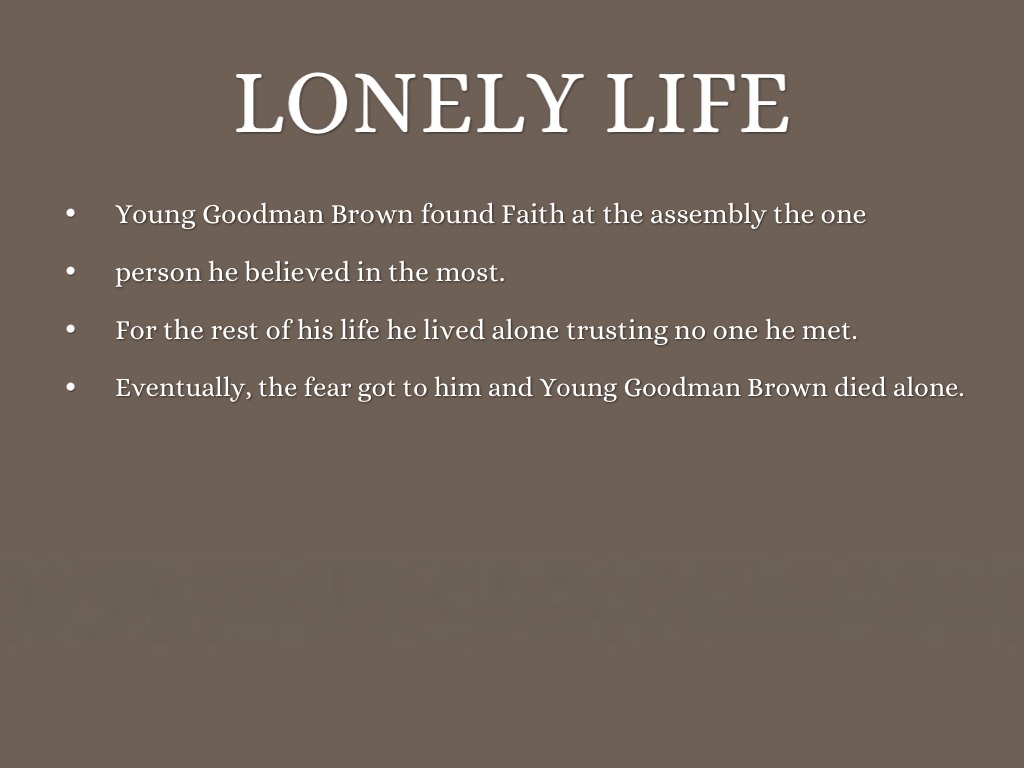In today's world, communication has evolved dramatically, leading to the emergence of new terms and phrases that capture the nuances of human behavior. One such term that has gained traction in recent years is "dry begging." This phrase refers to a subtle form of solicitation that often goes unnoticed, yet it can have significant implications for both the person engaging in it and the recipient. Understanding the dry begging meaning can help individuals navigate social interactions more effectively and cultivate healthier relationships.
Dry begging is characterized by an indirect approach to asking for help or support, often cloaked in a guise of casual conversation. This form of begging can manifest in various settings, from social media platforms to face-to-face interactions. It is essential to recognize the nuances of dry begging, as it can sometimes lead to misunderstandings or resentment among friends and family. By exploring the dry begging meaning, we can better comprehend the motivations behind such behavior and learn to respond appropriately.
As we delve deeper into the concept of dry begging, we will explore its origins, implications, and ways to address it effectively. This article aims to provide a comprehensive understanding of dry begging, equipping readers with the knowledge they need to identify and navigate these social dynamics. By shedding light on this often-overlooked behavior, we hope to foster greater empathy and awareness in our interactions with others.
What is the Dry Begging Meaning?
The term "dry begging" refers to a subtle and often indirect way of asking for help, support, or attention. Unlike traditional begging, which is overt and clear in its intention, dry begging is characterized by the use of hints or passive remarks that suggest a need for assistance without explicitly asking for it. This behavior can occur in various contexts, such as friendships, family relationships, or even on social media platforms.
How Does Dry Begging Manifest in Everyday Life?
Dry begging can take many forms, and it often varies depending on the context and the individuals involved. Some common examples include:
- Complaining about financial troubles without directly asking for help.
- Making vague statements about feeling lonely or unsupported in the hopes that someone will offer assistance.
- Posting on social media about personal struggles, seeking validation or sympathy from friends and followers.
These subtle cues can create confusion, as the recipient may not be aware that they are being asked for help. Understanding the dry begging meaning allows individuals to recognize these behaviors and respond appropriately.
Why Do People Engage in Dry Begging?
Several reasons may lead individuals to engage in dry begging. Some of the most common motivations include:
- Fear of Rejection: Many people may worry that directly asking for help will lead to rejection or judgment. Dry begging allows them to express their needs without facing the vulnerability of a direct request.
- Desire for Sympathy: Some individuals may seek empathy or validation from others without explicitly stating their needs.
- Cultural Norms: In certain cultures, openly asking for help may be frowned upon, leading individuals to resort to more indirect forms of solicitation.
Is Dry Begging Manipulative?
The question of whether dry begging is manipulative is a complex one. While some may argue that it is a form of emotional manipulation, others view it as a natural human behavior stemming from vulnerability. It's essential to consider the intent behind the behavior and the potential impact on relationships. Open communication and honesty are crucial in addressing any feelings of manipulation that may arise from dry begging.
How Can We Respond to Dry Begging?
Responding to dry begging requires a delicate balance of empathy and assertiveness. Here are some strategies for addressing dry begging behavior:
- Encourage Open Communication: Create an environment where individuals feel safe to express their needs directly, fostering healthier relationships.
- Offer Support: If you sense someone is engaging in dry begging, consider offering help or support without making them feel pressured to ask for it explicitly.
- Set Boundaries: If dry begging becomes a pattern and feels overwhelming, it's important to establish boundaries to protect your emotional well-being.
Can Dry Begging Affect Relationships?
Yes, dry begging can significantly impact relationships. When one party consistently engages in this behavior, it can lead to feelings of frustration, confusion, or resentment in the other party. Recognizing and addressing dry begging can help strengthen relationships and foster healthier communication patterns.
What Are Some Alternatives to Dry Begging?
If you or someone you know is prone to dry begging, consider adopting more direct communication strategies. Some alternatives include:
- Directly Asking for Help: Being upfront about your needs can lead to more effective support and understanding.
- Expressing Feelings Clearly: Instead of hinting at your struggles, openly share your feelings and challenges with trusted individuals.
- Building a Support Network: Cultivating relationships based on open communication can reduce the need for dry begging.
Conclusion: Understanding and Addressing Dry Begging
In conclusion, understanding the dry begging meaning is crucial for navigating social interactions and fostering healthy relationships. By recognizing the motivations behind dry begging and learning how to respond effectively, individuals can cultivate a more empathetic and supportive environment. Whether you find yourself engaging in dry begging or encountering it in others, open communication and understanding are key to promoting emotional well-being and connection.
You Might Also Like
Discovering Lacey Chabert: A Journey Through Her Life And CareerExploring The Journey Of Mark Paul Gosselaar: From Teen Star To Versatile Actor
Exploring The Excitement Of The MLS Bracket
Todd Kohlhepp: The Unraveling Of A Serial Killer
Understanding Carol Burnett's Illness: A Deep Dive Into Her Health Journey
Article Recommendations
- Emma Chamberlain Net Worth
- Did Tom Selleck Die Today
- Ava Baroni Combs Recent Updates And Information The Shocking Truth Everyone Needs To Know
- Lily Rose Depp Height In Feet
- Lana Del Rey Pregnant
- Is Ellen Degeneres Married
- Omar Bravo Son
- Gabriella Salick
- Brooke Monk Deepfake Porn
- Brian Bloom Wife


